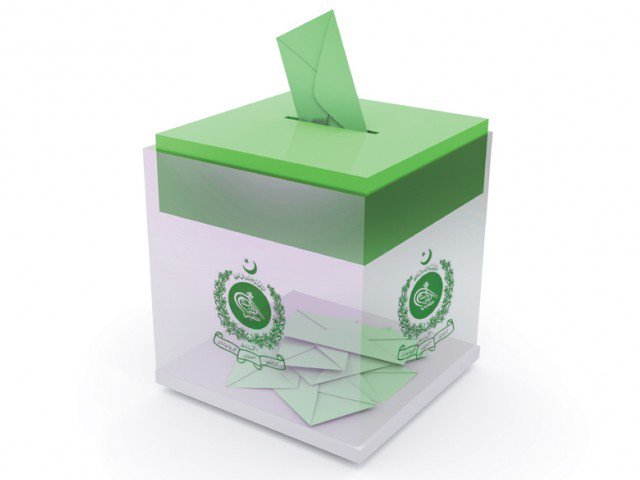By Staff Reporter
ISLAMABAD: Nearly half a million Pakistanis have applied for postal ballots ahead of the national and provincial elections next month, the election commission said Friday, as it prepared to deploy troops to ensure security at the polls.
The postal ballot system allows voters who are unable to cast their votes in person on polling day, such as government officials, soldiers, detainees and disabled people, to vote by mail.
The Election Commission of Pakistan (ECP) said it had received 449,287 applications for postal ballots by the deadline of January 22, out of which 206,533 were for the national assembly and 242,754 for the four provincial assemblies.
The highest number of applications came from the northwestern province of Khyber Pakhtunkhwa, followed by Punjab, Balochistan and Sindh, the ECP said in a document.
The EC document showed the highest number of applications, 154,050, had been received from the Khyber Pakhtunkhwa (KP) province for both national and provincial assemblies, followed by Punjab with 147,860, Balochistan with 96,308, and Sindh with 51,069 applications.
“For the National Assembly, election officials received 73,586 applications from Punjab, 72,769 from Khyber Pakhtunkhwa, 35,758 from Balochistan, and 24,420 from Sindh,” the document read.
The ECP received 81,281 postal ballot applications for provincial assembly elections in Khyber Pakhtunkhwa, 74,274 for Punjab, 60,550 for Balochistan, and 26,649 for Sindh provincial polls.
The postal voters will receive their ballot papers and envelopes by post and will have to send them back to the relevant returning officers before the consolidation of election results, according to the Elections Act 2017.
Once a postal ballot is received, the act says, a voter is supposed to record their vote as prescribed and then post the ballot paper to the relevant returning officer in the provided envelope, ensuring it reaches its destination before the consolidation of election results.
The ECP started the postal ballot process on Jan. 6 and set Jan. 22 as the deadline for applications. The elections are scheduled for Feb. 8.
The election oversight body also said it would deploy armed forces outside the “most sensitive” polling stations for the upcoming national elections, as it issued a code of conduct for the security personnel.
The ECP said the troops would assist in providing a secure environment for the polls, which are scheduled for Feb. 8, and would not interfere with the electoral process.
The ECP’s decision came days after the federal cabinet approved the deployment of Pakistan Army troops in sensitive constituencies and polling stations, following a request from the interior ministry.
Pakistan has been facing a surge in militant violence, especially in its western regions, where several candidates and political workers have been targeted by militant groups.
“Pakistan armed forces/civil armed forces shall assist in provision of secure environment by deploying in Quick Reaction Force mode and outside selected most sensitive polling stations from 5th February, 2024 to 10th February, 2024 to assist Election Commission of Pakistan in conduct of elections in a free, fair and transparent manner,” the ECP said in a notification.
The troops would also provide security during transportation of ballot papers and election material from printing presses to district returning officers’ offices and from there to polling stations and back, after completion of polling and counting, according to the ECP.
Separately, the ECP issued a code of conduct for armed forces and civil armed forces, urging them to remain “impartial” and “neutral” throughout the election process, “exclusively concentrate” on ensuring a secure environment for polls and “not in any case assume the duties of polling staff.”
The code of conduct also warned the security personnel against influencing the voters, obstructing the media, or disclosing any information related to the elections without authorization.
Pakistan’s powerful military, which has directly ruled the country on many occasions and continues to wield enough influence in civilian setups, has been accused of meddling in politics and engineering the ascent and descent of politicians in the country. An allegation it denies.
The ECP has established 92,353 polling stations across the country for general elections, of which over 17,500 have been categorized as “highly sensitive,” 32,508 as “sensitive,” and 42,500 as “normal.” In Pakistan, polling booths are usually marked sensitive in areas with a record of militant or other types of violence.
Copyright © 2021 Independent Pakistan | All rights reserved




